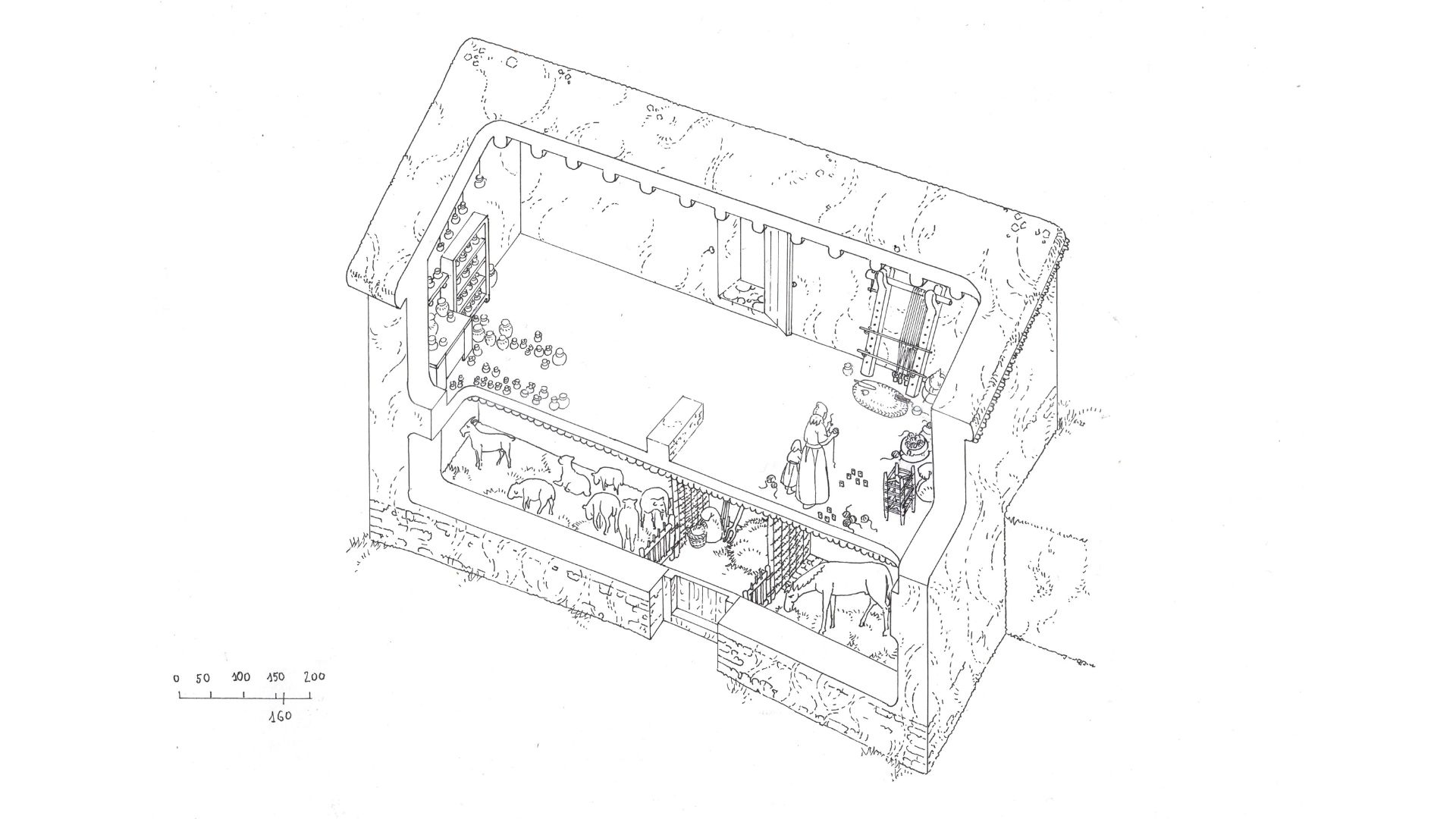Sustainability, Vol. 15, Pages 5772: Causal Model Analysis of the Effects of Civil Servants’ Perceived Formalism, Green Conscientiousness, and Moral Reflectiveness on Green Behavior
Sustainability doi: 10.3390/su15075772
Authors: Tsung-Lin Wu Hsiang-Te Liu
The green behavior of civil servants in the workplace is influenced by personal moral reflectiveness and green conscientiousness. Group discussions and initiatives within organizations can also influence individual green behavior. Civil servants with greener lifestyles are more likely to demonstrate green behaviors. This study specifically explores the impact of civil servants’ ritualized performance appraisals and formalism perception on moral reflectiveness and green advocacy. In this study, a sample of 250 civil servants was obtained by means of convenience sampling. This article applies confirmatory factor analysis and structural equation modeling to test research hypotheses. The results of the study found that ritualized performance appraisals positively affect perceived formalism. Perceived formalism negatively affects moral reflectiveness and green advocacy. Green lifestyles and green advocacy positively affect green behavior. Moral reflectiveness mediates the relationship between green conscientiousness and green behavior. This study confirms the influence of moral reflectiveness, green conscientiousness, green lifestyles, and green advocacy on green behavior. This study also found that ritualized performance appraisals and perceived formalism have negative effects on green behavior.

 1 year ago
24
1 year ago
24


